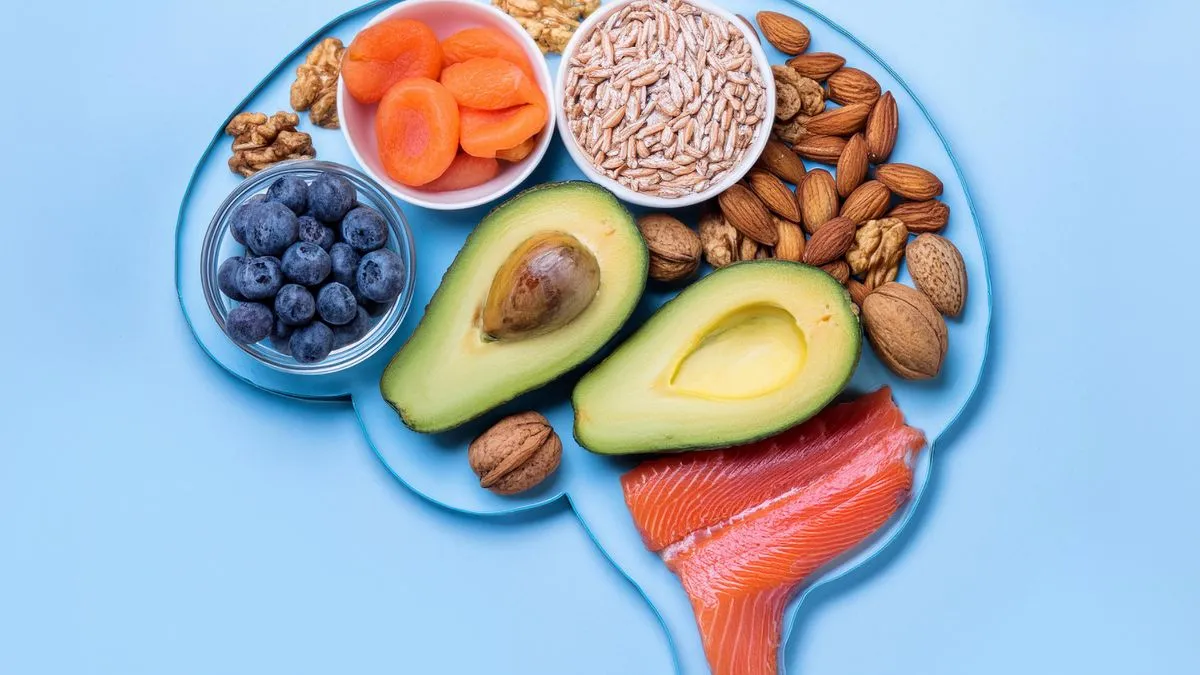- By Bornika Das
- Wed, 21 May 2025 08:07 PM (IST)
- Source:JND
In recent years, science has begun to uncover what ancient healing systems have long believed: the gut is at the centre of overall well-being. Far more than just a digestive organ, the gut plays a crucial role in maintaining a healthy mind, a resilient body, and even a balanced emotional state. With trillions of microbes working in harmony, the gut microbiome influences everything from the immune system and metabolism to the mood and mental clarity. Often referred to as the “second brain,” the gut is home to trillions of microbes that affect far more than digestion. This gut microbiome is critical in our mood, energy levels, immunity, and how we respond to stress.
Healing the gut doesn’t just benefit digestion, it creates a ripple effect that touches nearly every aspect of our being. A nourished and balanced gut can sharpen mental focus, elevate mood, increase energy, and strengthen immunity. In conversation with Jagran English, Mr. Nikhil Kapur, Founder & Director of Atmantan Wellness Centre, Methodical Entrepreneur, Ironman Triathlete & Sports Nutritionist, shares that there is a strong link between gut and brain is called the gut-brain axis. It’s a two-way communication system involving nerves, hormones, and immune signals.
About 90 per cent of the body’s serotonin, the “feel-good” chemical that supports emotional balance, is produced in the gut. What we eat directly shapes this connection. Mr. Nikhil Kapur shares, “Diets rich in fibre, especially from vegetables, fruits, legumes, and prebiotics like onions, bananas, and asparagus, help beneficial bacteria thrive. Fermented foods like yoghurt, kefir, and kimchi introduce healthy microbes, positively influencing mood and mental clarity.”
On the other hand, ultra-processed foods, high in refined sugars, unhealthy fats, and additives, can damage the gut lining, reduce the diversity of good bacteria, and increase inflammation. Mr Kapur states, “This chronic inflammation doesn’t stay in the gut. It can spread through the body, affecting brain function and mood, and even leading to conditions like anxiety, brain fog, and fatigue.”
-1747838080203.jpg)
How Gut Health Impacts Mental Health (Image Credits: Canva)
Misconceptions About Nutrition And Mental Health
There are many common myths around the relationship between food and mental health. Mr Kapur says, “One major misconception is that mental health is purely psychological or neurological, separate from the body, especially the gut.” However, research shows that the gut microbiome plays a key role in producing neurotransmitters like serotonin and GABA, and inflammation in the body, including the gut, can significantly affect brain function and mood. He further states, “Another overlooked idea is that emotional eating is only a behavioural issue. In reality, gut imbalances and nutritional deficiencies can drive food cravings and affect how we handle stress and emotions. When the gut microbiome is out of balance, it can create a cycle of poor food choices, low mood, and further inflammation.”
The growing field of nutritional psychiatry focuses on how food influences mood and brain health. While general recommendations often highlight foods like fatty fish, leafy greens, and fermented foods, personalisation is key.
-1747837874871.jpg)
Understanding The Link Between Gut Health And Brain (Image Credits: Canva)
But it’s not just about food. A healthy gut also needs a calm and balanced mind. Mr Kapur states, “Stress can disturb gut bacteria and trigger inflammation. Practices like yoga, deep breathing, and guided meditation help manage stress and bring the body into a healing state. Even mindful eating slows down, chewing well, and staying present at meals supports better digestion and nutrient absorption.”
Physical activity also plays a significant role. Movement encourages a healthy gut environment, supports detoxification, and improves mental well-being.
Together, diet, movement, and mindfulness create a powerful foundation. When we care for our gut, we support our mind and emotional resilience. This deep, inner balance allows us to experience wellness in its truest form.
ALSO READ: Chia Seed vs Coriander Seed Water: Which Drink Is Better For Gut And Heart Health?
ALSO READ: 6 Comforting Rice Dishes That Are Easy To Digest In Hot Summer Days

